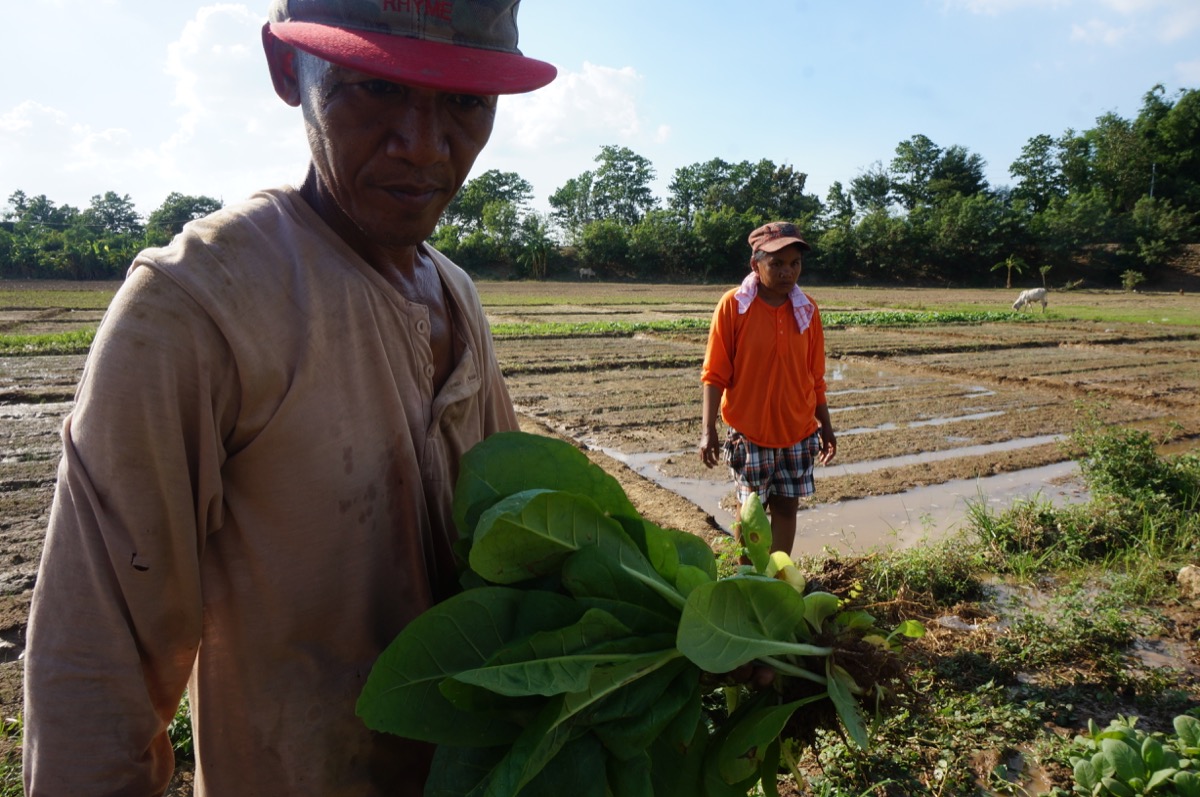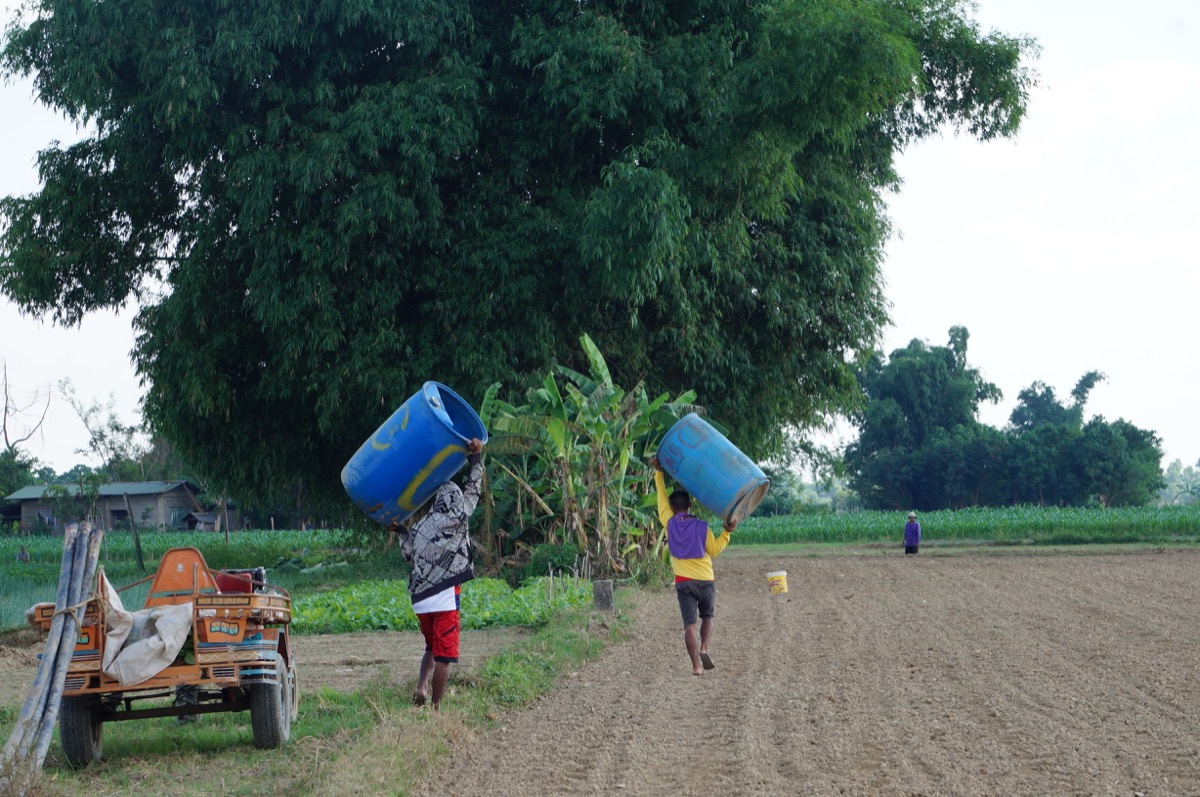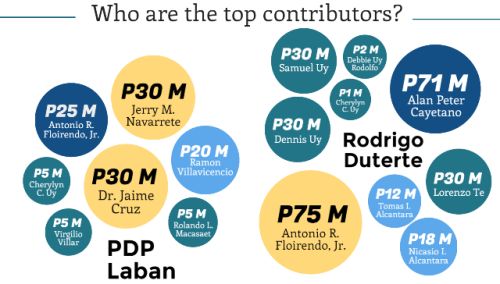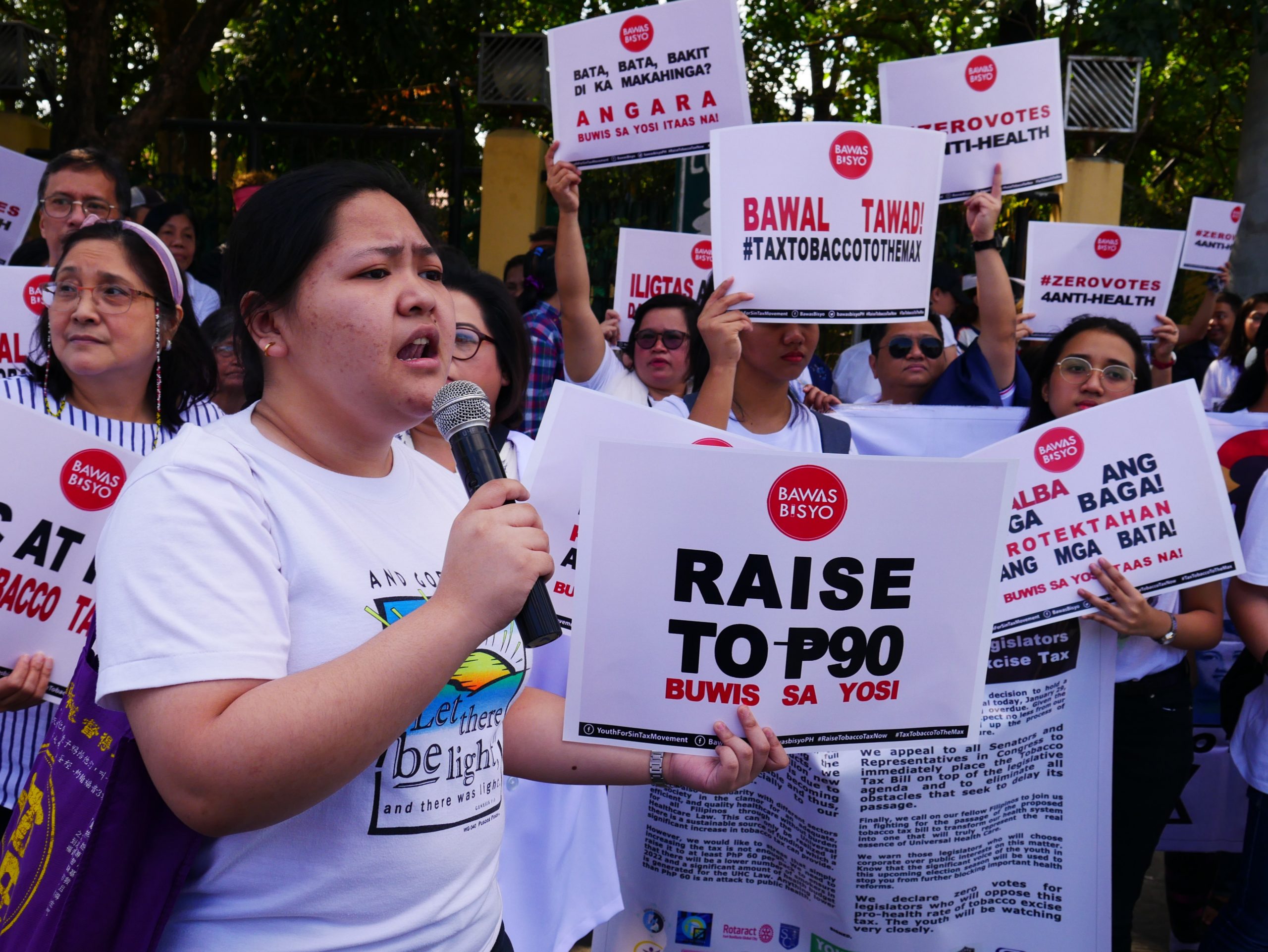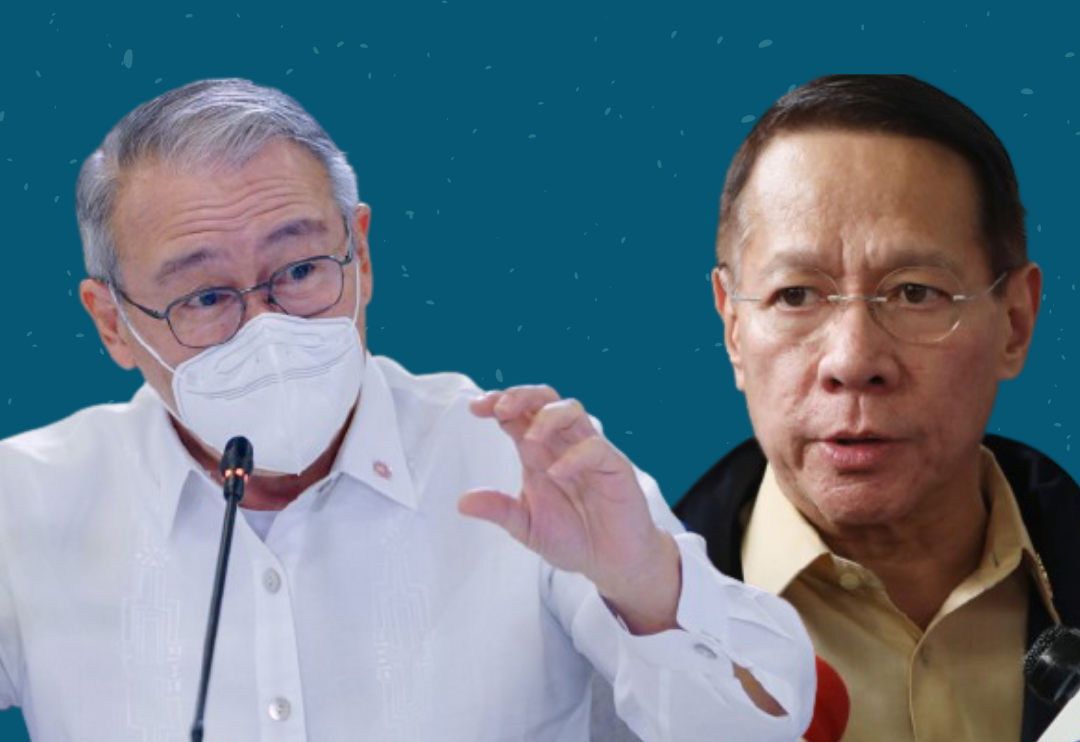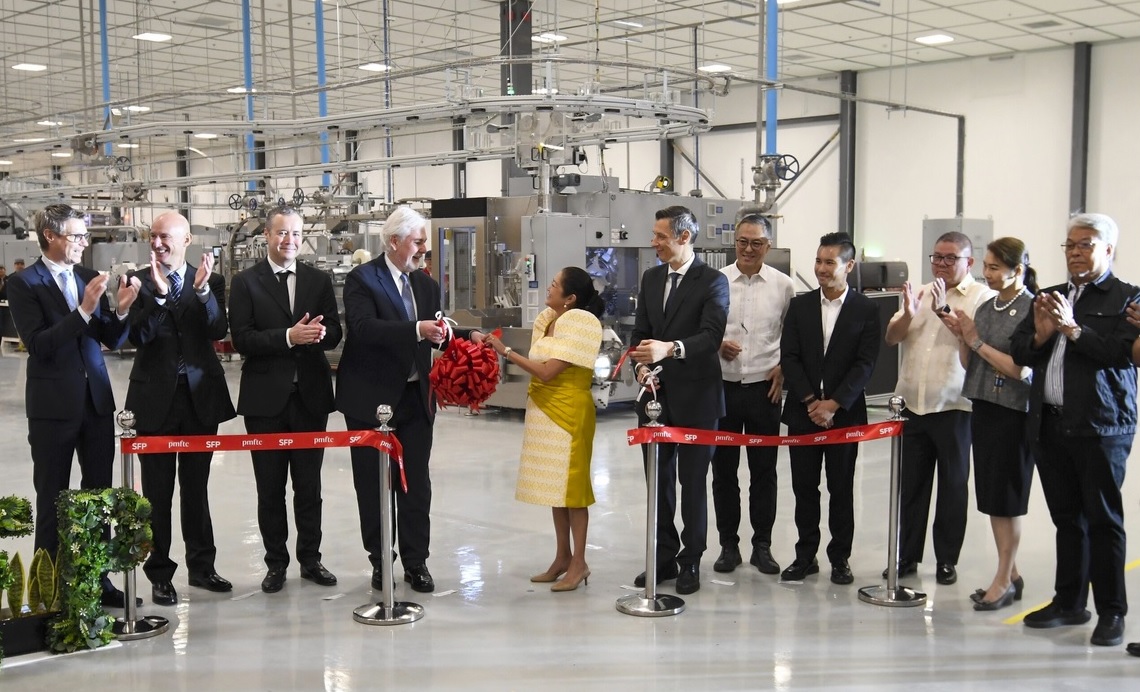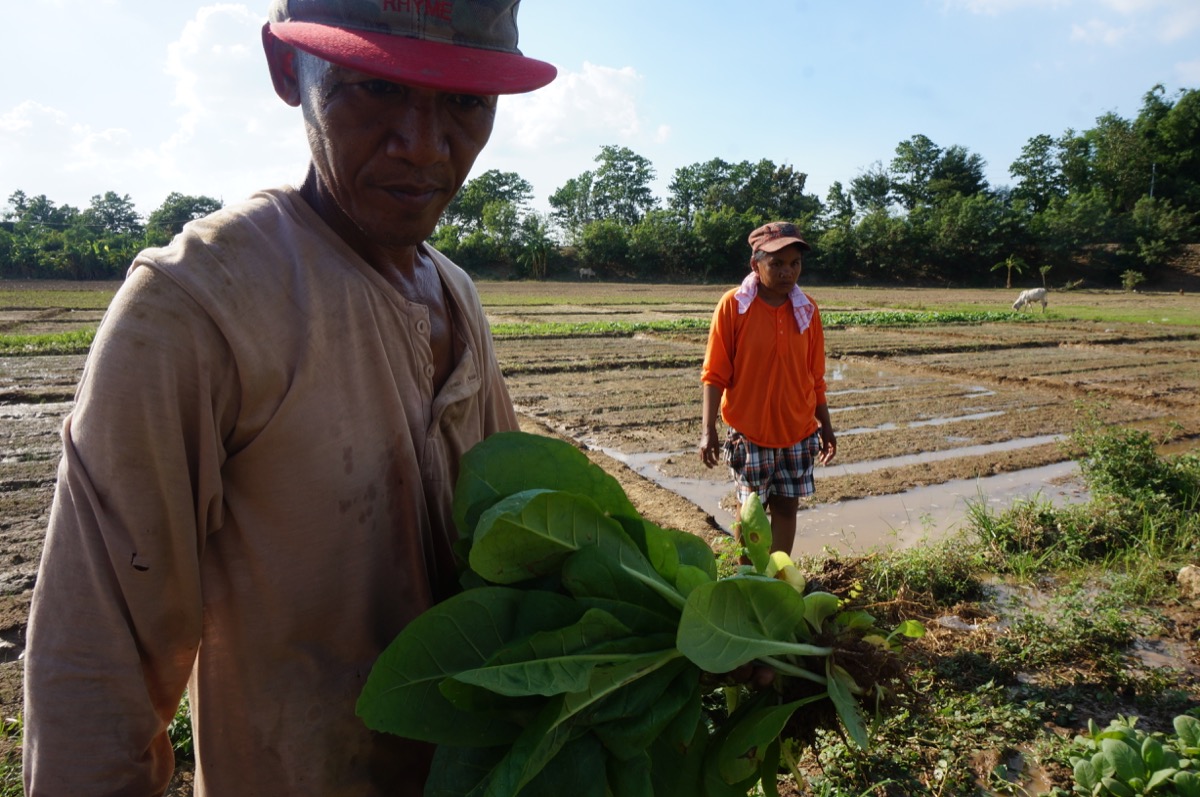
First of two parts
THE Aquino government has distributed some P10 billion pesos to select local government units mostly in Northern Luzon on the eve of the 2016 elections, repeating a practice employed by the Arroyo administration which President Aquino has repeatedly called a corrupt government.
The funds represent the LGUs’ share from excise taxes on Virginia, burley and native tobacco, and will mostly benefit a region considered the bailiwick of Senator Ferdinand Marcos Jr who has been leading the vice presidential race, according to recent surveys.
The largesse seems to have paid off. Liberal Party regional chairman and Ilocos Sur representative Eric Singson had recently said the so-called Solid North would go for administration standard bearer Mar Roxas who, in August 2015, while he was still secretary of the Interior and Local Government, had promised local officials they would directly receive their shares in national taxes through a “streamlined process.”
Reports also say Roxas had gotten the endorsements of 22 of the 23 mayors of Ilocos Norte.
The bulk of the fund releases represents taxes from Virginia tobacco, with Ilocos Sur getting the lion’s share at more than P6 billion, triple what La Union and Ilocos Norte will get, and almost five times Abra’s share.
VERA Files had gotten in touch with Budget Secretary and LP stalwart Butch Abad, who agreed to an interview on the issue of tobacco taxes way back in January. Repeated attempts to follow up on the interview with his media relations officer yielded only promises, with the last communication made on March 1.
On March 10, the DBM announced it was set to release “the shares of local government units (LGUs) from the 2013 collection of excise taxes on locally manufactured Virginia-type cigarettes, as well as on burley and native tobacco.”
Six years ago, then President Gloria Macapagal Arroyo did exactly the same thing. She issued issued two executive orders in November 2009 releasing a windfall of LGU shares in excise taxes: P5.8 billion for Virginia-producing provinces from the accumulated 2002 to 2007 collection; and P6.4 billion for burley and native tobacco-producing provinces from the accumulated 1997 to 2007 collection.
In some towns in Pangasinan, which were recipients of the 2009 excise taxes for burley tobacco, local officials and concerned citizens questioned not only the timing of the funds’ release, but also the sharing scheme.
The Save Pangasinan Movement said the distribution of the taxes from burley tobacco was shared among the congressional district, province and town or city in an 80-10-10 scheme, skewed in favor of the districts. Mayors and governors protested the sharing scheme, arguing that it was the towns and provinces which should have gotten a bigger share, because they implement projects directly.
Under two laws—Republic Act 7171 for Virginia tobacco and RA 8240, later amended by RA 10351 for burley and native tobacco—LGUs are entitled to 15 percent of the total annual excise tax collection. The amount is supposed to go to livelihood programs for tobacco farmers, but in reality benefits incumbent officials.
“It was manna from heaven,” said one former local official from the region who refused to be quoted and even refused to divulge details about the tobacco taxes.
Some of the 2009 funds had gone to ghost projects now mired in controversy and allegations of misuse, as in a town in Pangasinan, a big producer of burley and native tobacco, where local officials are currently facing plunder and graft charges.
Last March, DBM also released to 16 provinces half a billion pesos from the 2013 collection of burley and native tobacco excise tax.
Isabela had the biggest share at P210 million; followed by Pangasinan, P78 million; Cagayan, P61 million; Ilocos Sur, P48 million; Occidental Mindoro, P39 million; La Union, P35 million; Ilocos Norte, P14 million; Misamis Oriental, P5 million; Tarlac, P5 million; Abra, P3 million; Maguindanao, P2 million; North Cotabato, P2 million; Nueva Vizcaya, P2 million; Kalinga, P1 million; Quirino, P300,000; Mountain Province, P50,000.
All provinces combined are home to some 8.3 million registered voters in the upcoming election. Pangasinan, with 1.7 million registered voters, is the country’s third most vote-rich province.
While the laws entitle local government units to a share of the taxes, they don’t define how the 15-percent share is divided and distributed to beneficiary provinces; what fixes the sharing are guidelines formulated by the executive department.
For Virginia-type cigarettes, a Ramos-era memorandum circular prescribes the following sharing model: 30 percent to the provincial government; 40 percent to municipalities and cities; and 30 percent to congressional districts.
For burley and native tobacco meanwhile, a 2009 DBM-Bureau of Internal Revenue-National Tobacco Administration joint circular prescribes an entirely different sharing model, and one that heavily favors congressional districts (80 percent) over provincial governments (10 percent) and municipalities and cities (10 percent).
By the government’s own admission, the 30-percent congressional share for Virginia-type cigarettes and 80 percent for burley and native tobacco constitute post-enactment intervention by legislators in the implementation of the national budget.
The Supreme Court had declared this practice unconstitutional when it struck down in November 2013 the Priority Development Assistance Fund (PDAF), a “pork barrel” disbursement to legislators that have been controversial because of allegations of massive corruption.
President Aquino, in his veto message of the 2015 General Appropriations Act, placed under conditional implementation allocations to LGUs from proceeds of national taxes “to avoid conflict with existing laws and jurisprudential rules.”
His message specifically referred to the Supreme Court PDAF decision, and noted that the circular governing the sharing of Virginia tobacco excise taxes “be supplanted by new guidelines by the DBM to cover the release of the subject LGU shares.”
An August 2015 media release by the Department of Interior and Local Government (DILG) announced that LGUs would directly be receiving their shares in national taxes through a “streamlined process.”
The release notes that Roxas, then DILG Secretary, wrote to DBM Sec. Abad seeking for this new process, where “a system of automatic release of LGU shares in national taxes would be established.”
It further notes that Roxas’ proposal was the result of a series of consultations with LGUs and LGU leagues.
“We hope that this process can be rationalized to ensure that LGUs are able to provide prompt services to their constituencies and maximize the benefits from their shares in national wealth through the timely release of said shares,” the media release quotes Roxas.
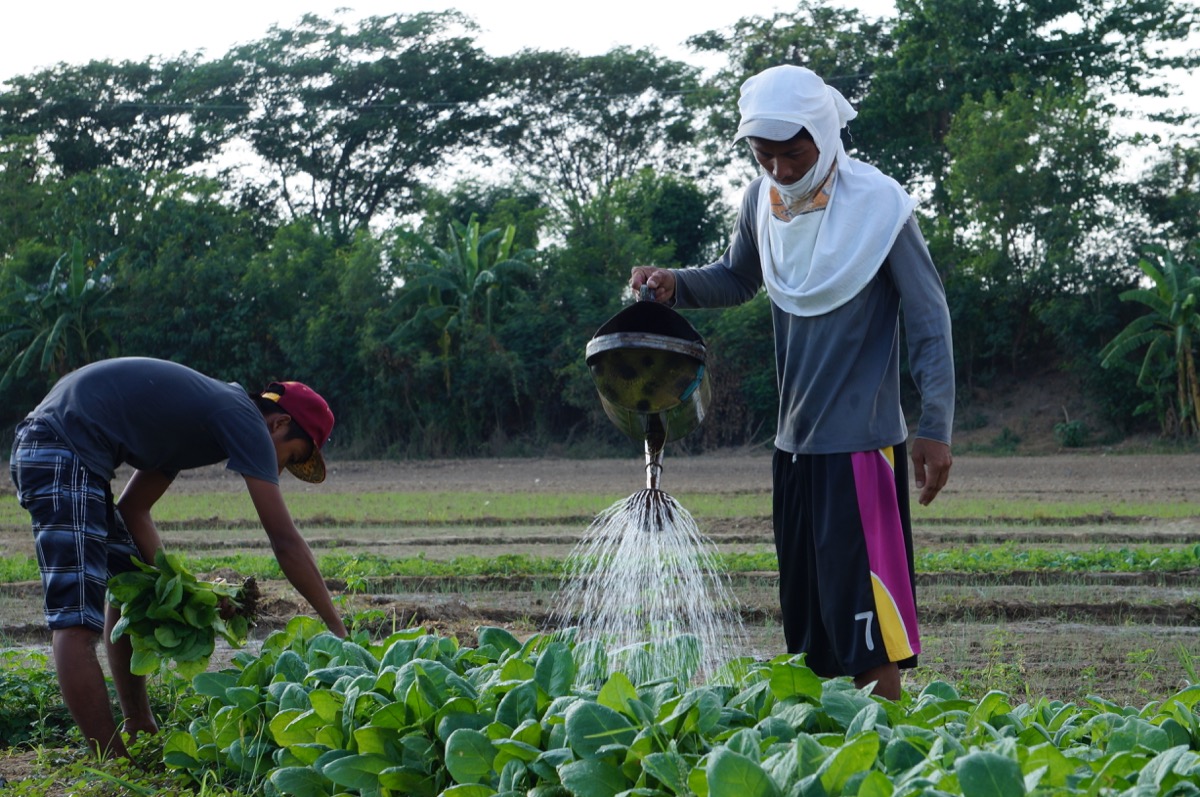
Implementation of the new process was set to 2016, incidentally an election year, with Roxas running for president under the administration’s Daang Matuwid coalition.
More than P200-million of the native and burley shares from 2009 went to the town of Alcala in Pangasinan, whose officials are now subject of a plunder and technical malversation complaint filed by a nonprofit organization before the Office of the Ombudsman.
The charge by Save Pangasinan Movement against Alcala officials centers on what it says are misapplication of public funds; native and burley shares were allegedly used for projects beyond the menu prescribed by RA 8240, before the law was amended.
Among the questionable uses of the fund, the organization said in its complaint, were the construction of a rice and corn drying facility, subsidies for seeds and fertilizers, and payment of public debt interest.
Ultimately, said lawyer Pluto Cabalteja, a representative of Save Pangasinan Movement, tobacco farmers are the most aggrieved.
She said many tobacco farmers are still not aware that there is a law designating them direct beneficiaries of the taxes collected on their produce, through programs and infrastructure designed to improve their livelihoods.
“Every time that we go out for a meeting with the farmers, when we start talking about tobacco excise tax, napapanganga sila (they are shocked)” Cabalteja said. “As in, yung sasabihin nila na, ‘Meron palang ganyan?’ (They would say, ‘Is there really such a thing?’).”
“They have no idea. No idea at all,” she added.
A Pangasinan tobacco farmer has described to VERA Files the pains of growing tobacco, from meticulous planting to the very demanding drying process that turns them almost into slaves of the product.
“Pagka nabasa yan, ang tawag na nila reject, ‘rain out’ (When harvested tobacco gets rained on, that’s already considered wasted),” he said.
“Kaya alagang-alaga yan sa amin. Yang tabako na yan. Para kaming mga alila. Maski oras ng kainan, pag nandyan na ang ulan, takbuhan mo yung kakainin mo. Tiklop mo lang yung tabako mo. Para hindi masira yung ilang buwan na pinaghirapan mo (So we take care of the harvest very well. We are like slaves to tobacco. When it starts to rain and we are eating, we leave the food to attend to the tobacco. So all our months of hard work do not get wasted),” he added. – Jake Soriano with Daniel Abunales, Jonathan de Santos, Lala Ordenes and Luz Rimban
(See Part 2: Tobacco farmers yet to feel benefits of excise tax shares)
